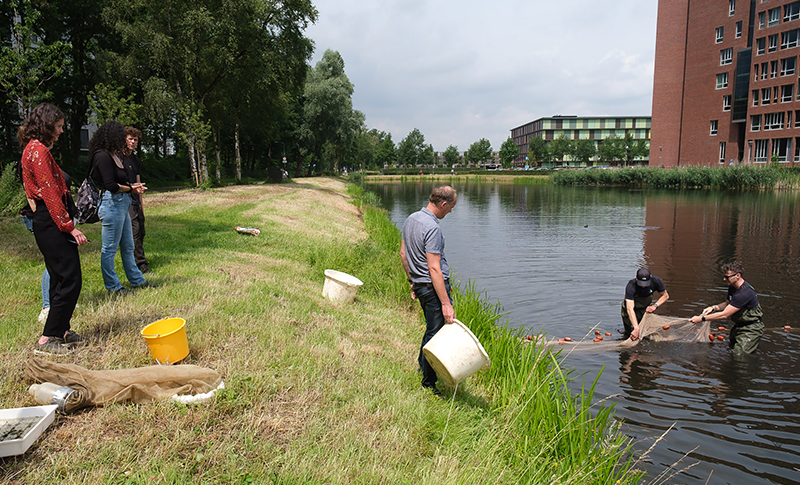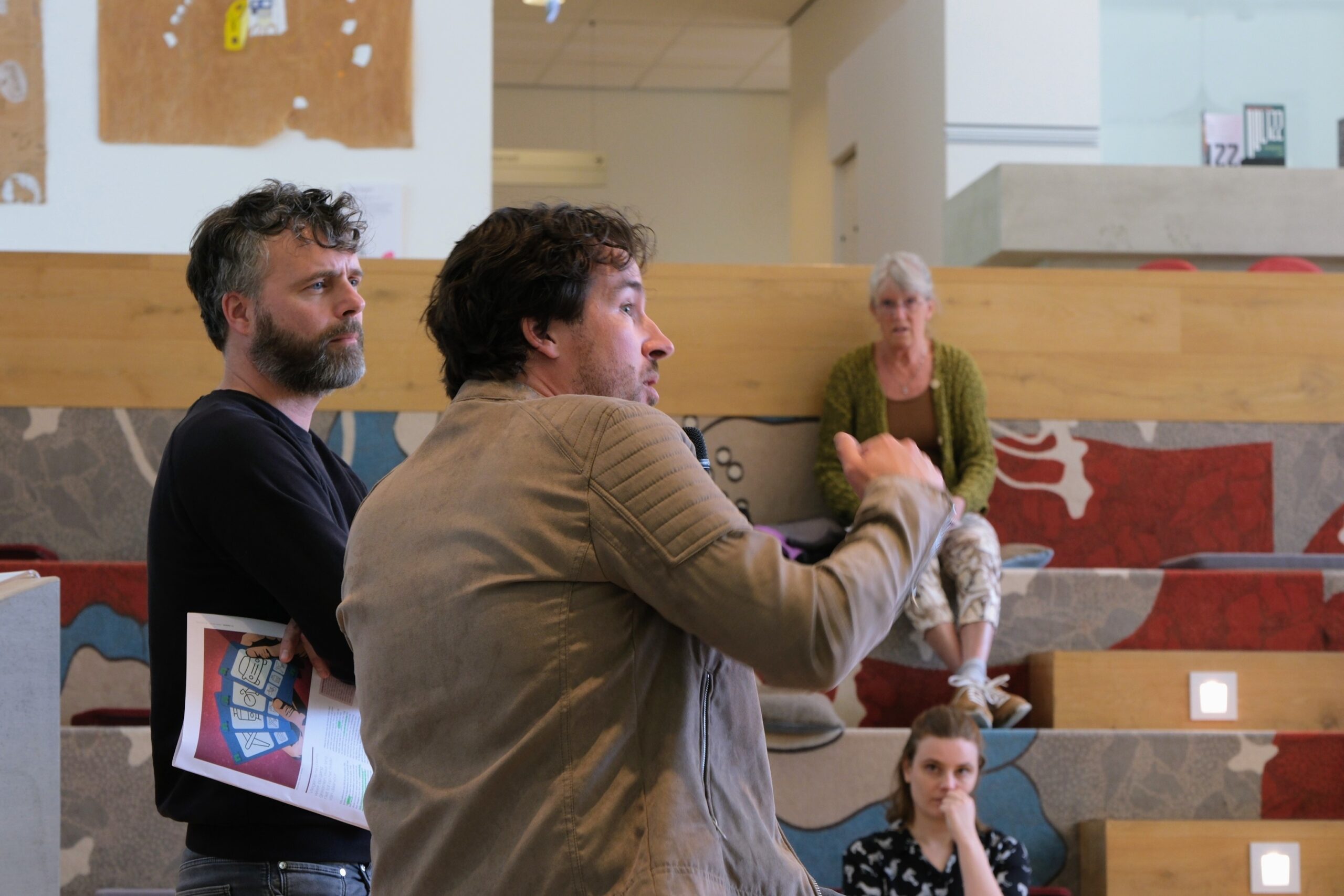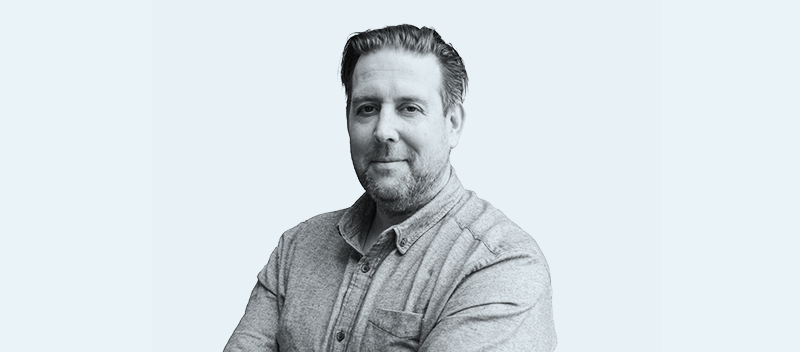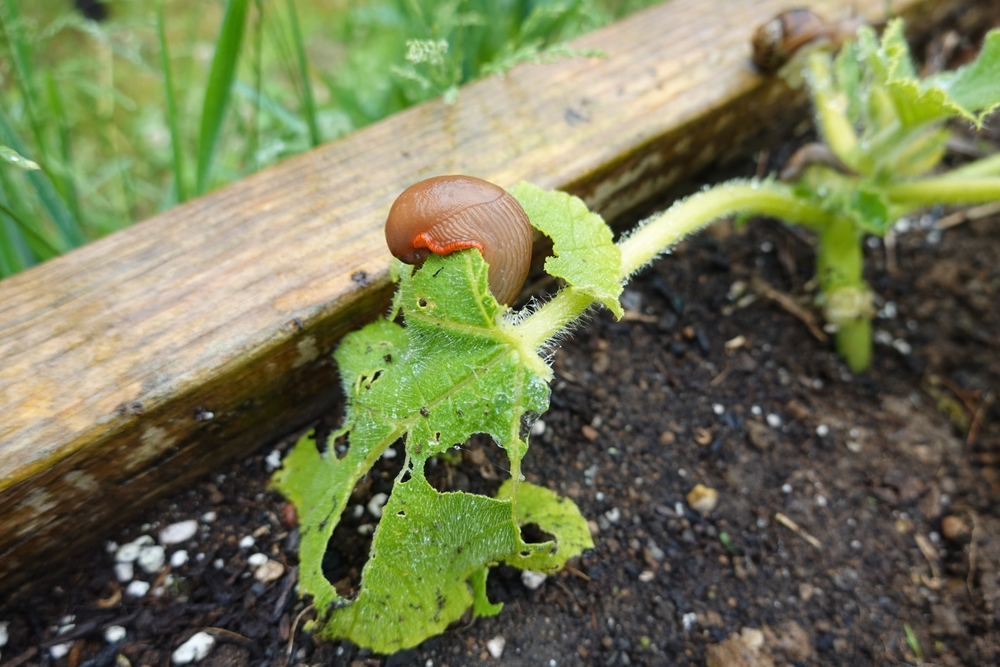Can science help citizens find solutions to complex problems like climate change, air pollution and biodiversity loss? In the online course Transformative Citizen Science for Sustainability, participants learn how to use citizen science to initiate sustainable transitions.
How do I muster support for the conservation of a marine reserve near Curaçao and how do I investigate whether Athens traffic is affecting the decline of bird species in the Greek capital? Just two examples of projects by participants in the online course Transformative Citizen Science for Sustainability that launched last December. Some 270 participants from 52 countries took part in this Massive Online Open Course (MOOC). A further course is planned for early May.
The start of this MOOC coincided with the launch of the Citizen Science Hub, a platform where various organizations can share their knowledge and experience of citizen science. Universities can ignore citizen science no longer. Whether you’re talking about archaeology, astronomy or climate science, in numerous fields citizens are helping scientists with observations, measurements and calculations. Well-known examples of citizen science projects at WUR are the Nature Calendar, which maps the effects of climate change on nature, and Tekenradar.nl, where people can report a tick bite.
Own health
‘Citizen science has become increasingly important for scientists, especially when it comes to sustainability issues,’ explains Arjen Wals, professor of Transformative Learning and co-initiator of the MOOC. ‘When citizens measure air pollution in their neighbourhood, count butterflies or monitor their own health, scientists gain access to a tremendous amount of data. At the same time, the citizens gain insights into air pollution or biodiversity in their neighbourhood, which helps them to identify solutions. This is how you get a symbiosis between scientists and society. That symbiosis is central to Transformative Citizen Science, which is what this MOOC is about.’
Transformative Citizen Science goes a step further than classic citizen science and is part of the Science for Impact movement that aims to bring science closer to society. It empowers citizens to contribute to change on issues that matter to them. ‘Sustainability is the leitmotif in this course,’ says Waltz. ‘We focus particularly on issues such as climate change, biodiversity, health and inequality. These are areas in which citizens often come up against big companies and government bodies, which can sometimes make them feel powerless. With Transformative Citizen Science, we want to give citizens scope for action, thus generating more optimism. That is sustainability too.’
Citizen Science
In the course, which participants can take at their own pace online, there are videos in which experts explain the four different forms of citizen science, ranging from the scientific and curiosity-driven to the policy-driven and the more action-oriented. ‘You will also learn how to collect and analyse data reliably and how to deal with issues of privacy,’ says Mirjam Schibler, the moderator of the MOOC. ‘And you learn how to make a plan for your project and how to implement it and communicate about it. Each participant had to submit a project proposal, on which the other participants could give feedback via the online notice board. The response was good, but a little more interaction wouldn’t hurt. It was nice to see how much effort people put into their projects. They were obviously very committed to the issues they wanted to solve. Their biggest concerns were the environment and biodiversity.’
The first cohort to take the course appreciated the combination of theory and practice. ‘Useful to know how to collate the data I have collected and how to generate engagement,’ was one of the responses on the evaluation form. ‘I now have more insight into how to make citizen science transformative,’ was another response. The participants were diverse. Schibler: ‘There were students among them, but also staff from civil society organizations, policymakers and scientists who were curious about how to use citizen science for their research.’
Ethics
Ethics came up in the MOOC too. Because is it desirable for scientists to help parents who plan to investigate air pollution around their children’s schoolyard or neighbourhood residents who want to examine the nuisance caused by the stench from a neighbouring farm? ‘This form of citizen science is activist in character,’ agrees Waltz. ‘Not every scientist will consider that legitimate.
We want to give citizens scope for action, thus generating more optimism
In the MOOC, we show different ways you can engage with citizen science as a scientist: do you see it simply as a source of data, or do you see it as a project that you can learn from together with the participants, or do you side with citizens who need your help? That is what the discussion is about.’
Waltz thinks science benefits from Transformative Citizen Science too. ‘The Science for Impact movement wants to improve relationships between universities and the wider community and to restore citizens’ trust in science. Projects like this can help with that. You have to learn to speak each other’s language. The M in MOOC usually stands for Massive, but for this course we want to make it M for Meaningful.’
Whether many students’ projects will actually be implemented, course moderator Mirjam Schibler finds it hard to say. ‘But some projects, like the Greek study on the impact of traffic on birds, were already at an advanced stage. So there is a good chance that people will make a go of those ones.’
The second edition of the MOOC on Transformative Citizen Science for Sustainability will be available on 2 May. More information.

 Citizen science on campus: citizens helped scientists map species on Biodiversity Day last June. Text Marianne Wilschut. Photo Guy Ackermans
Citizen science on campus: citizens helped scientists map species on Biodiversity Day last June. Text Marianne Wilschut. Photo Guy Ackermans 

